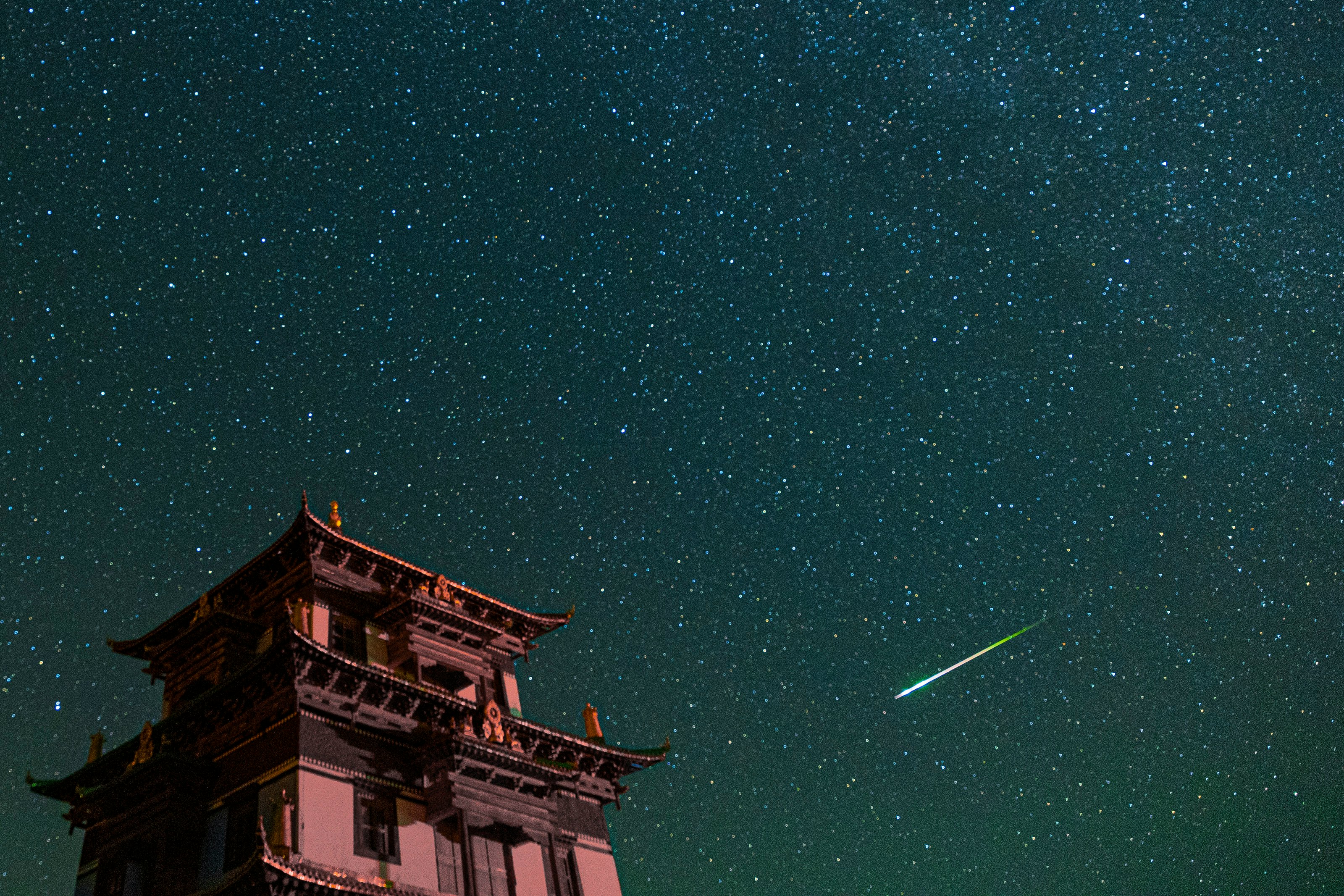
Every August, Earth gets a special annual show.
As it journeys around the Sun, Earth encounters a few comet debris clouds. The one it’s currently in the midst of crossing was left behind by Comet 109P/Swift-Tuttle, an icy object that sheds parts of itself on its 133-year orbit around the star. And as Earth swims through Swift-Tuttle’s debris, the material drizzles down upon the atmospheric cloak around our planet and produces grand streaks. The result is one of the best meteor showers all year, called the Perseids.
This year’s views are quite refreshing. That’s due in part to the Moon, which didn’t drown out the streaks with moonlight this weekend. The New Moon phase was almost here when the Perseid meteor shower peaked on Sunday.
Here are some of the loveliest photos of the 2023 Perseids.
Perseid meteor shower from around the world
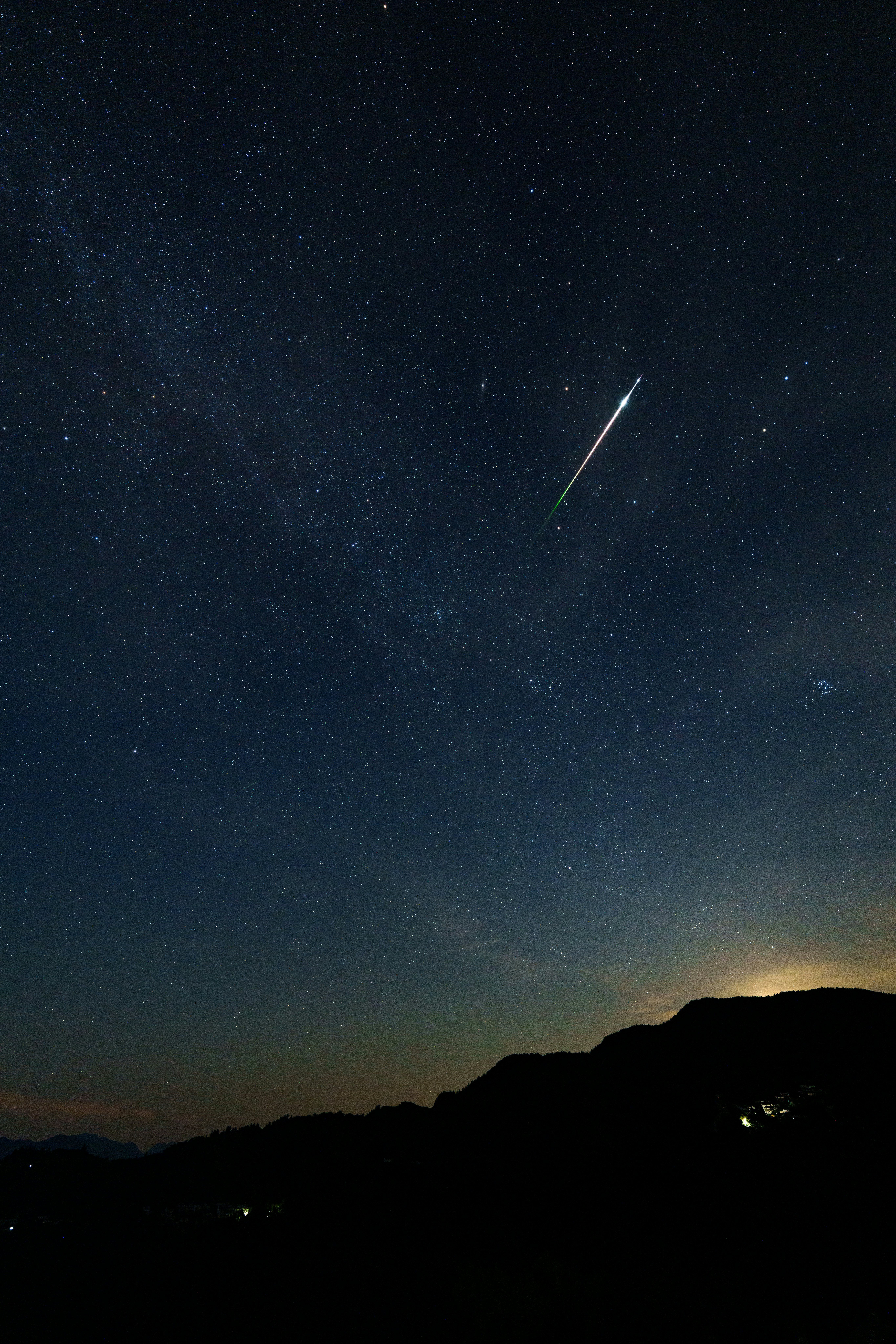
On Monday, a vibrant Perseid meteor streaked across the sky in this image taken in Nanjing, Jiangsu Province of China.
A meteor emits light because it slices quickly through Earth’s atmosphere. According to NASA, Perseid meteor velocity is approximately 37 miles per second.
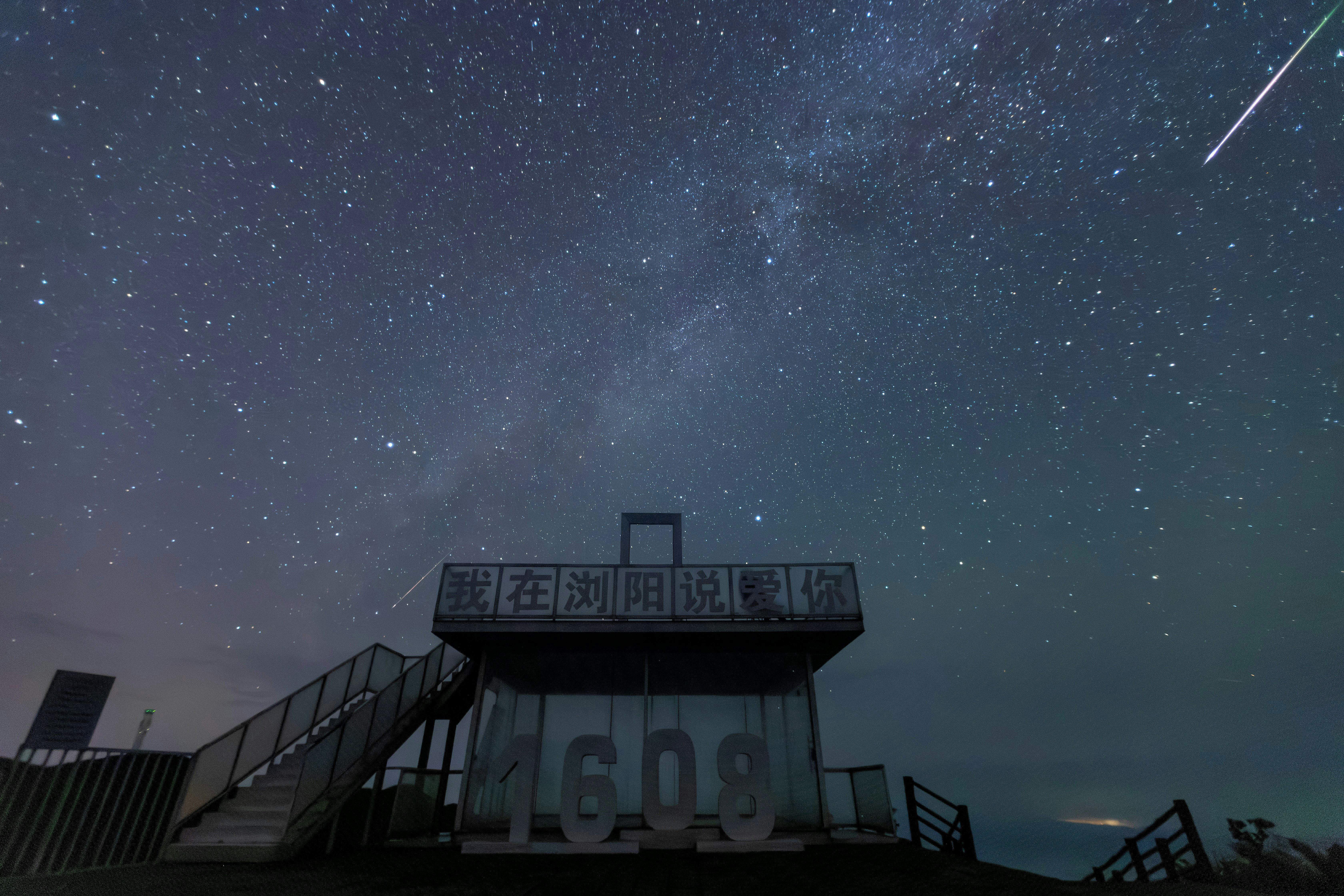
Another image from Monday showcases a bright meteor moving parallel to the band of the Milky Way. This Perseid meteor appeared in Changsha, Hunan Province of China.
When a meteor shower peaks, the rate of “shooting star” streaks is at its highest. According to NASA, as many as 100 Perseid meteors can appear every hour during the peak. But meteors can also appear in the preceding and following weeks.
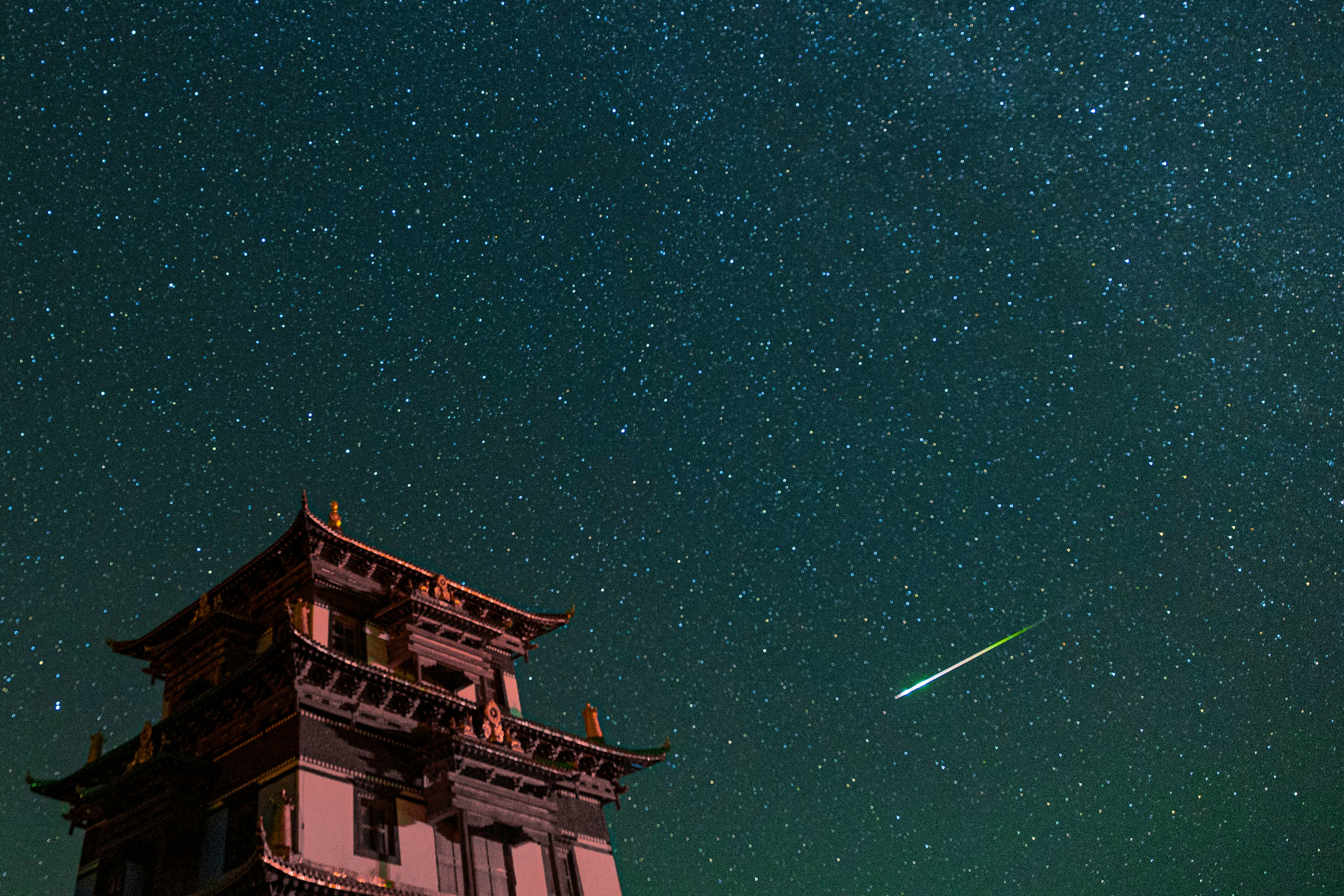
In this image taken on Sunday, the meteor’s sharp appearance offers a beautiful contrast to the architecture of this building in Golog Tibetan Autonomous Prefecture, Qinghai Province of China.
There’s no need to worry about the two-dimensional illusion of the meteor’s trajectory toward the building. Most debris that hails down from meteor showers doesn’t survive entry. In fact, NASA’s website says, “don’t expect to find meteorites after a meteor shower.”
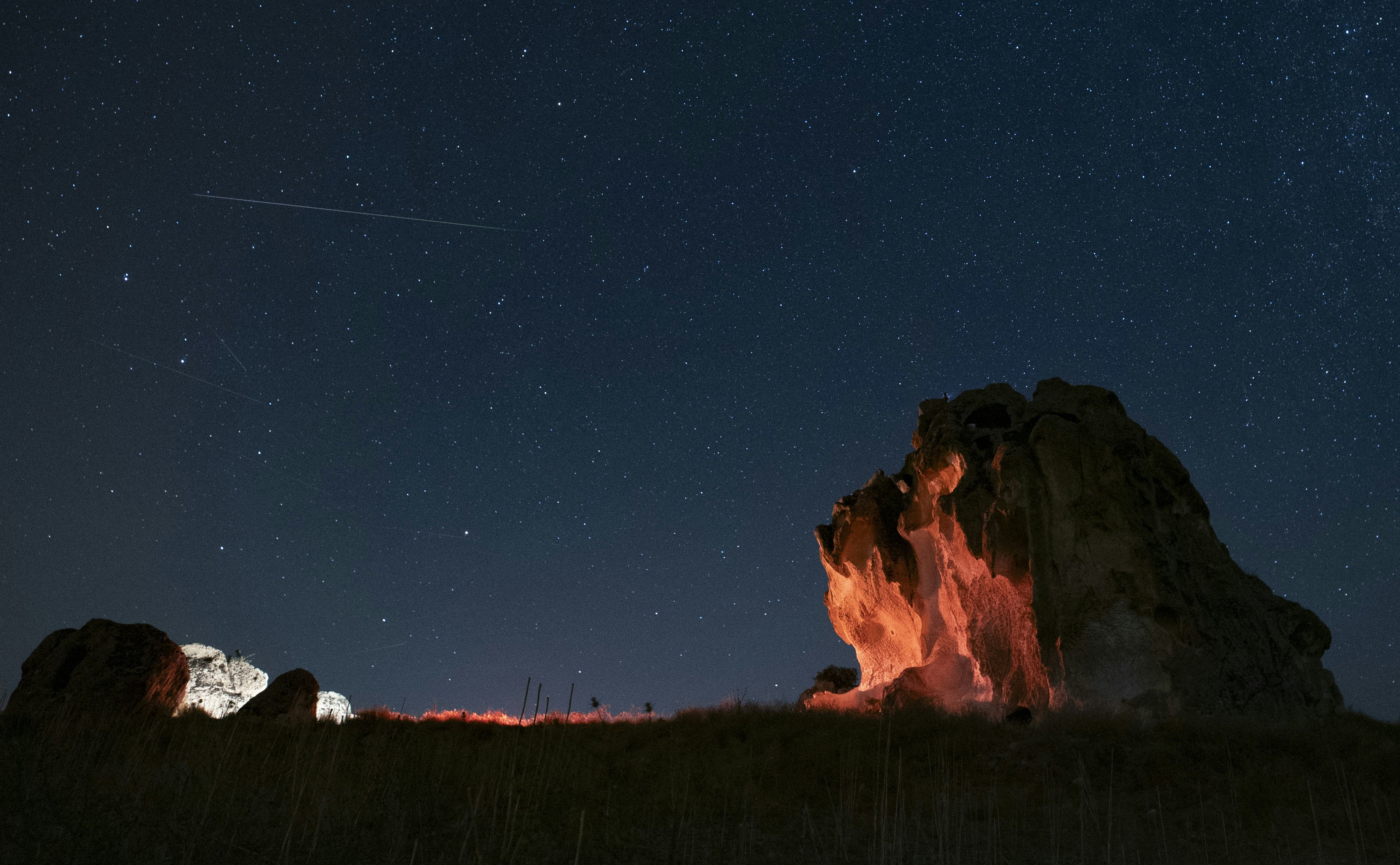
On Sunday, this thin and long streak from a Perseid meteor appeared over the Phrygian Valley in the Ihsaniye district of Afyonkarahisar province in western Turkey, about 350 kilometers southeast of Istanbul.
The Perseids are a great meteor shower to observe because, in addition to the abundance of meteors that the comet’s debris cloud provides, the Perseids arrive in the month of August. This offers comfortable summertime viewing at night to many skywatchers.
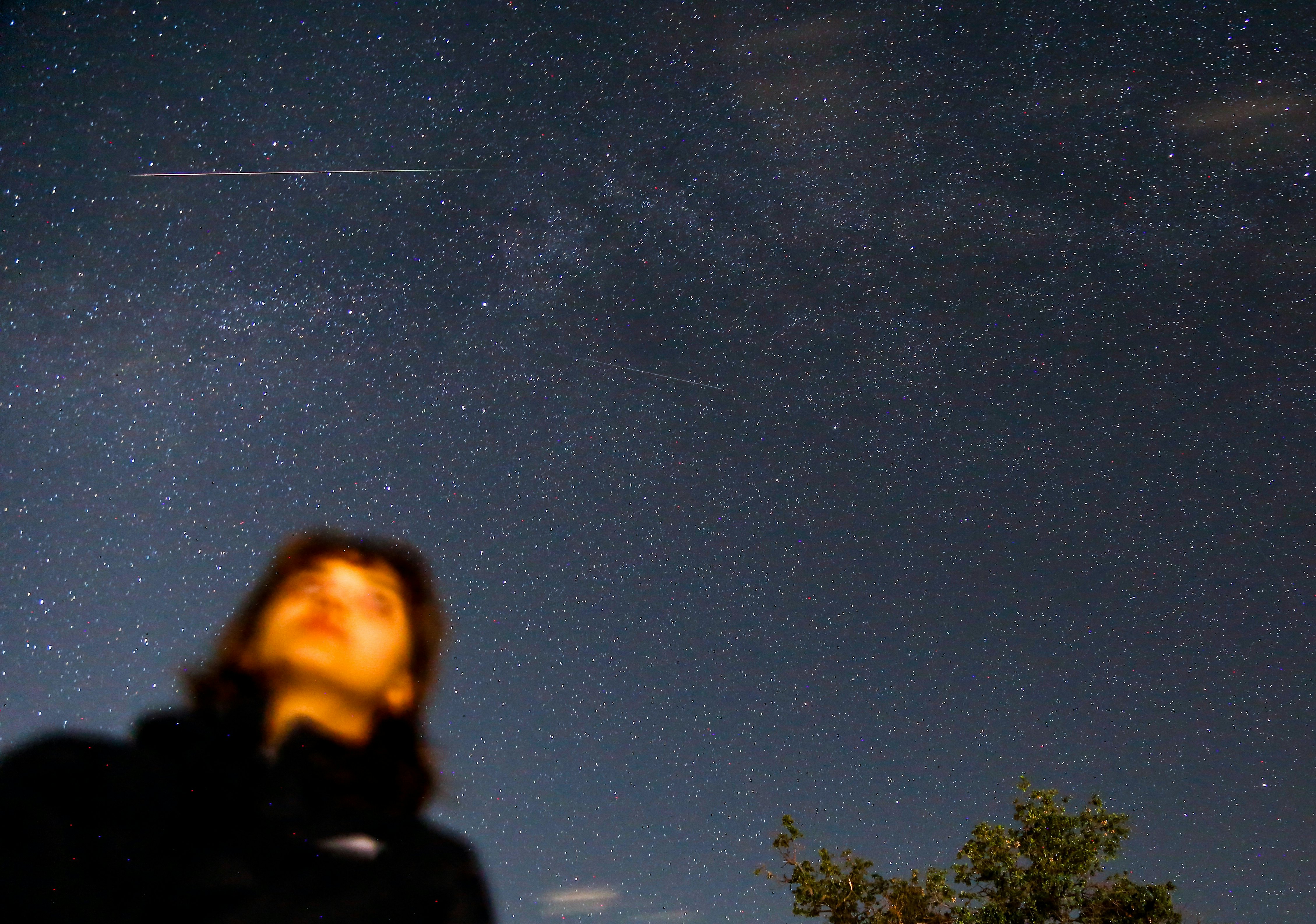
A meteor appears in the night sky behind a Perseids observer at Mount Hamilton in California on Sunday.
There are a few tricks to viewing a meteor shower successfully. One tip is to give your eyes at least half an hour to adjust to the dark sky, so no cellphone or screen use. Finding a spot to lay flat on the ground also helps, because it gives you a view of the full sky. Meteor showers are named after the constellation they appear to emanate from, but the streaks can appear far away from this radiant point.
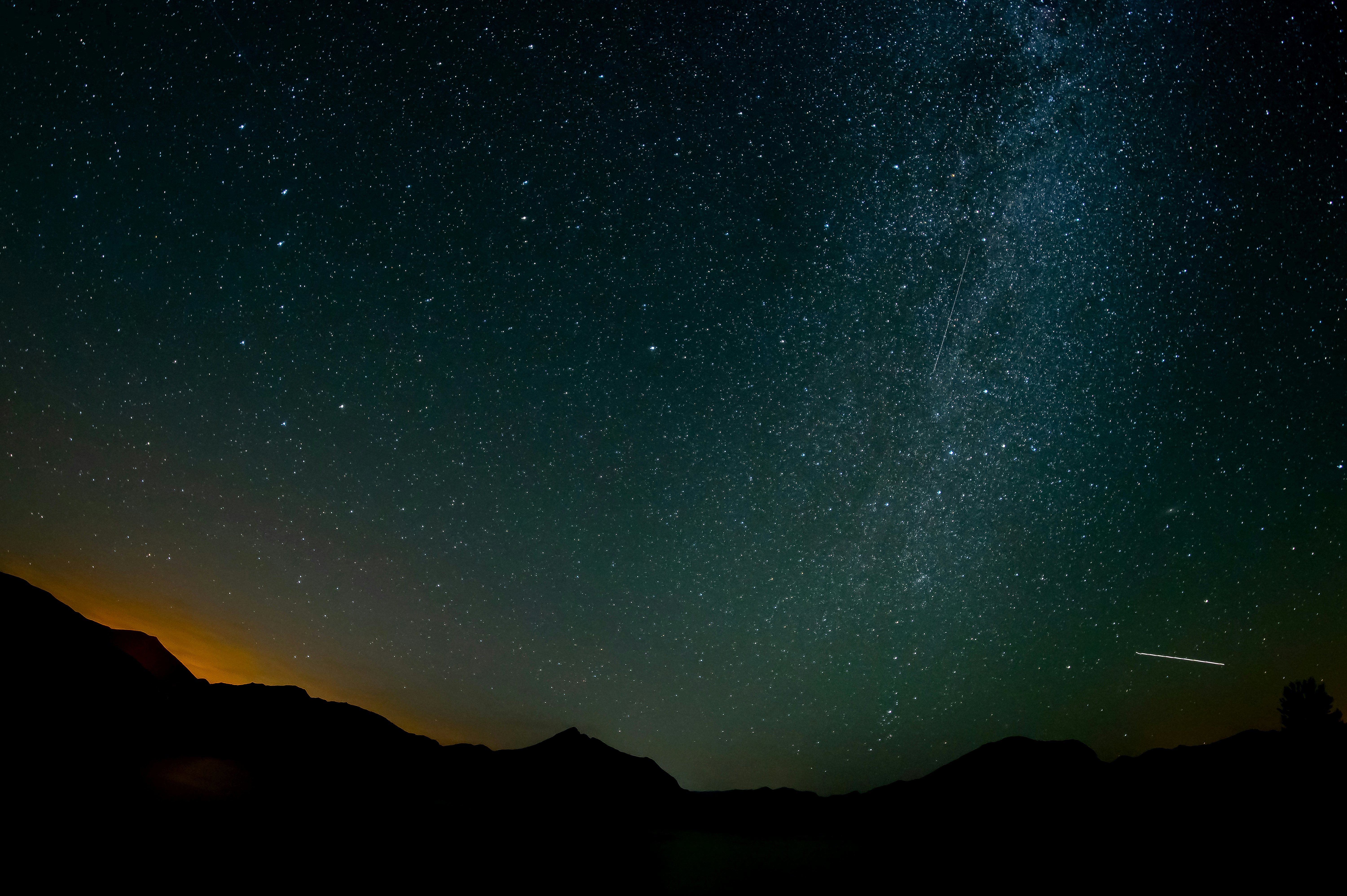
This image of a meteor streak is from almost one month ago. Although the Perseid shower peaks in mid-August, its “shooting stars” can appear as early as mid-July. This image from Leon, Spain, was taken on July 18.
The range of time during which meteor shower streaks appear can last weeks, because it takes that long for Earth to pass through the shower’s debris field in space.
According to NASA, Perseid meteors can appear as early at 10:00 p.m. local time, but the best chances to spot a streak happen in the pre-dawn hours.
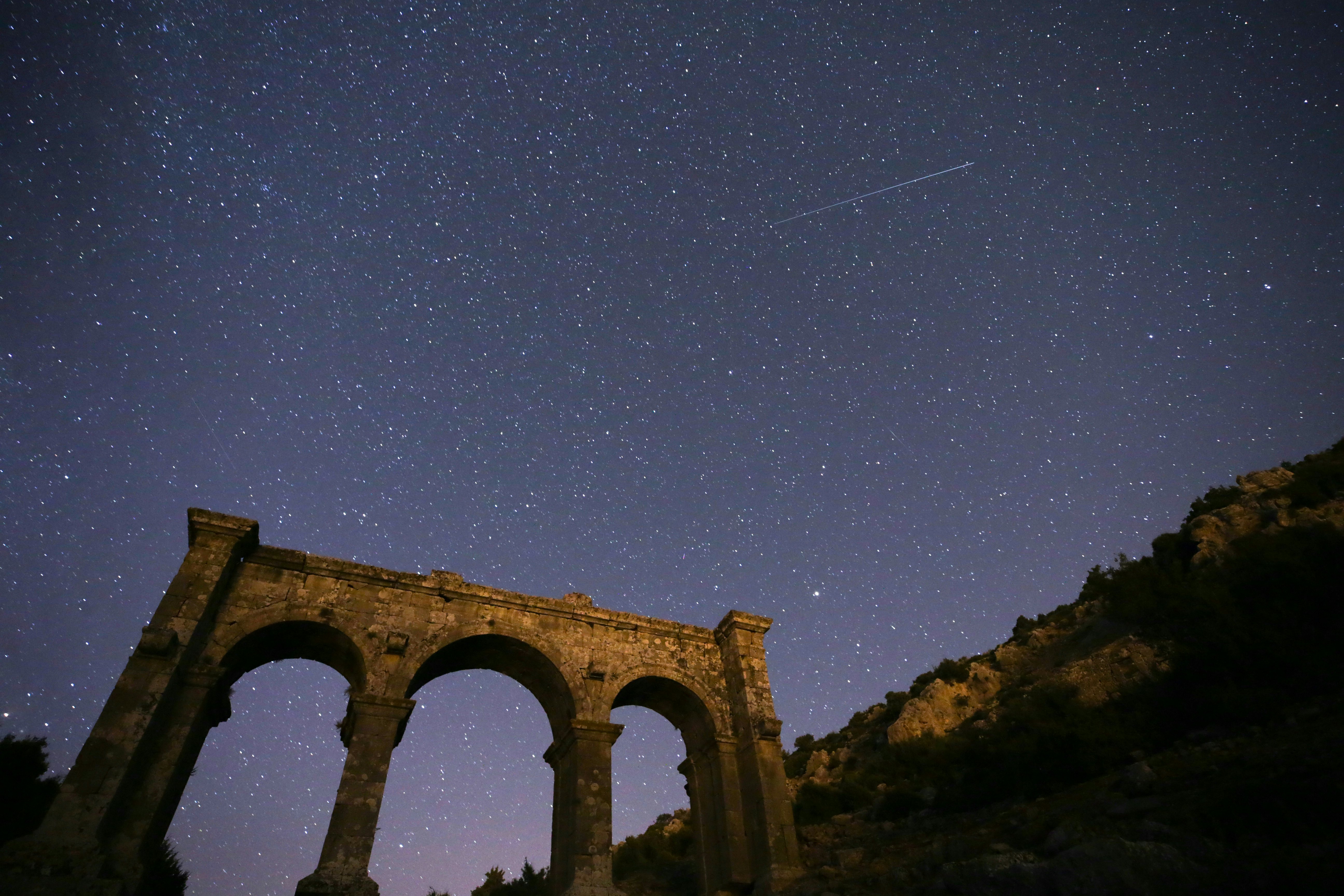
A long and thin streak from a Perseid meteor appears over an ancient structure in Ariassos, about 20 kilometers north of the Mediterranean Sea in the Dosemealti district of Turkey’s Antalya province. The image was taken on Sunday.
This week is probably the best chance skygazers have to hunt for Perseid meteors before Earth leaves the comet’s cloud behind, until next year. Take advantage of the dark Moon and the warm summer nights to catch a spectacle that’s out of this world.







